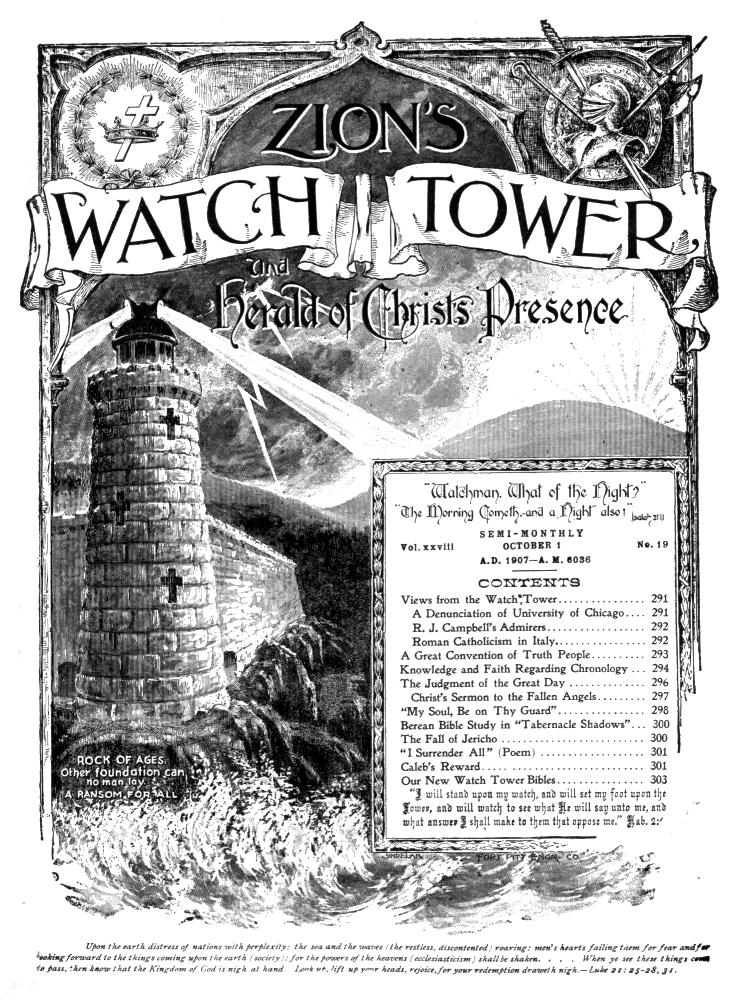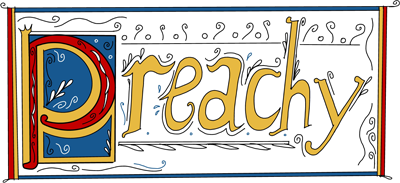
Growing up Jehovah’s Witness and Dutch Reformed
 On my tenth birthday, my dad sat on a chair, glancing at his Watchtower magazine with a grin on his face while my mom dashed about organizing the cake, the gifts, and the friends who would attend my birthday celebrations. I was exceptionally excited about my birthday (like most fifth graders would be), but that would not have been immediately evident to a casual observer. Indeed, I recall displaying a neutral face, an expression that would not dampen my mom’s jovial spirits and would also echo the misery that my dad was probably going through.
On my tenth birthday, my dad sat on a chair, glancing at his Watchtower magazine with a grin on his face while my mom dashed about organizing the cake, the gifts, and the friends who would attend my birthday celebrations. I was exceptionally excited about my birthday (like most fifth graders would be), but that would not have been immediately evident to a casual observer. Indeed, I recall displaying a neutral face, an expression that would not dampen my mom’s jovial spirits and would also echo the misery that my dad was probably going through.
My father is a devout Jehovah’s Witness. My mother is a devout member of the Dutch Reformed Church. To my mom, birthday celebrations were performed to show appreciation of the addition of age to human life. To my Dad, birthdays displeased God for several reasons highlighted in one reading of the Bible, including that this form of celebration has pagan roots.
And it wasn’t just about birthdays: Christmas celebrations, Easter Egg hunts, family gatherings (depending on the content), dress code, character, rules of faith — as a toddler, I was still struggling to figure out how Rice Krispies could be made from rice, and I was also trying to navigate two fiercely observant Christian denominations. In doing so, I was trying to figure out how to honor both of my parents amid conflicting edicts and rites, mores and expectations. We were a close-knit family of three who lived in a divided home.
I lived in fear of the idea that if I didn’t abide by both customs I’d be disowned as a young adult from one of the lives that was defined by them. This tension defined how I grappled with the Christian faith, not in terms of understanding scripture, but rather in the spiritual connection I have with God.
I finally realized that none of it was about my parents or their institutions, but that it was instead about me and my connection to God. But I was 15 before I told my dad I’d had enough. It had been building. I remember confiding in my mom about how I wanted solely to be a member of the Dutch Reformed Church. I didn’t want to go to the Kingdom Hall. She understood and showed support. But she also said that this was something I’d have to come clean to my dad on my own.
It had been the week, according to our schedule, that I had been scheduled to visit my dad’s Kingdom Hall. I had bathed and put on a traditional dress. We were almost ready to go.
And then, like a child who had lost her voice, as my dad called on me to set off on the trip that would make him feel so proud, I quietly locked myself in the bathroom. I sat in the bathtub, comforted by my spirit, but still nervously pumping my feet wondering how my dad would react. He broke the silence with a thunderous knock and a piercing “what are you doing in there?” I didn’t respond.
There was a push, a shove, and probably some screaming, but I refused to budge. Minutes later, still locked in the bathroom with the door intact, I explained that I was uninterested in the spiritual path he had selected for me. I was never sure if my dad accepted my decision or if he simply realized that he had been running late for a meeting that he always got to on time, but he left silently. When he returned, I was still quiet, and the house remained silent for the rest of the day.
This, to me, seems a sheepish conversion. In the end, I think it had more to do with the years I spent trying to keep the peace in my own home rather than anything divine.
I don’t recall my dad and me ever talking about my decision, and I appreciate that when I did not know how to articulate myself my dad found a verdict in the notion that I had been happier in the path I had chosen to take.
These days, my dad will sometimes ask his young adult daughter to join a Jehovah’s Witness meeting, but I think he remains understanding of my choice and how it is all irreversible. I guess he simply longs for that companion that he would proudly stomp down to the holy building with and the feeling that he had a sidekick in faith.
